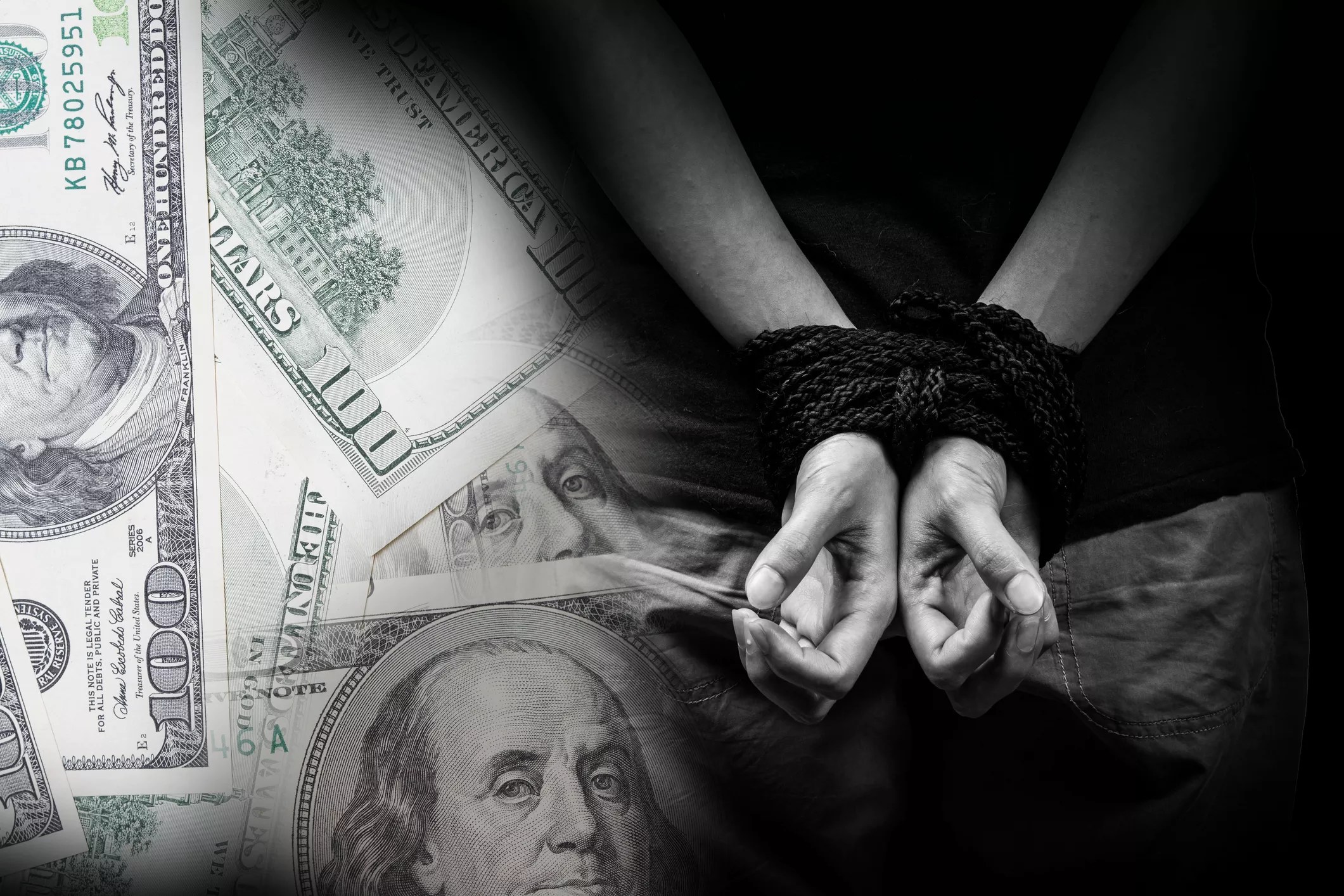
aradaphotography

Audio By Carbonatix
When Gov. Greg Abbott signed House Bill 1540, Texas became the first state to make buying sex a felony. Aimed to combat sex trafficking, the law goes into effect on Sept. 1, but some doubt it will work.
“We know the demand is the driving force behind human trafficking,” Texas state Rep. Senfronia Thompson, who authored the bill, told Click2Houston. “If we can curb or stamp out the demand end of it [sic], then we can save the lives of numerous persons.” Thompson didn’t respond to the Observer‘s request for comment.
But to Michelle Anderson, 51, the issue is more complicated. Today, Anderson is the policy associate for The Afiya Center, a group that works to advance reproductive rights among Black women and girls, but she used to be a sex worker. “This bill will not change the supply and demand,” she said.
She got into sex work after a drug charge resulted in her losing her children to Child Protective Service in 2001. She sold crack cocaine to an undercover cop. Around that time, she got laid off and could no longer provide for her kids. “When you have a felony record it is almost next to impossible to find a job to make a livable wage,” she said. “Even now, and my felony is over 23 years old.”
She didn’t enjoy sex work, she said, but it “was something I had to do to survive.” If given other opportunities, she would have taken them.
Anderson suspects the law will only push sex work further underground. “Although I understand the intentions of this bill is to address sex trafficking,” she said, “it will create another avenue by which marginalized Black and brown folks will be criminalized, who will be charged and cannot afford to get out of jail, while white men won’t incur the same outcomes because they will have the financial resources to stay out of jail.”
She argues there are better ways to prevent sex trafficking, some of which would make for a safer environment for sex workers. “Governments should decriminalize sex work to aid in providing safe working conditions, access to healthcare and social benefits,” Anderson said.
Currently, prostitution for a first-time offender in Texas is a Class B misdemeanor that can result in several months of jail time and hefty fines. Subsequent convictions for prostitution charges in Texas can land you in state prison for up to two years.
But a local sex worker, who spoke on the condition of anonymity, thinks the law is a step in the right direction. “Shifting the legal repercussions towards johns will stop the cycle of women getting charged with prostitution and not being able to get any other jobs afterwards … so they go back to escorting even if they don’t want to,” she said.
“This bill will not change the supply and demand.” – Michelle Anderson, The Afiya Center
Still, she doesn’t think the bill will do anything to stop actual sex trafficking and could actually put sex workers at greater risk.
“Any person who can stomach paying to have sex with someone who isn’t fully consenting never cared about the law to begin with,” she said. “In any case, it’ll scare away the johns who go through screenings, get tested, follow the rules, etc., and that may force escorts to have to take on more dangerous clients to make up the gap.”
Dallas has also tried to crack down on sex work. The City Council voted unanimously in December to extend a “no-cruising” ordinance to portions of Shady Trail, Harry Hines Boulevard, Walnut Hill Lane and Southwell Road in an effort to control prostitution and sex trafficking.
Unlawful cruising is defined as a driver passing through “the same traffic control point within a no-cruising zone three times within any two-hour period.” A person can be ticketed up to $500 for cruising in one of these zones.
At the time, both Dallas residents and City Council members leveled similar criticism at the ordinance. Some council members initially likened the ordinance to “stop-and-frisk,” a discredited practice used in other cities that allowed police officers to stop and randomly search people in certain geographical areas. They requested a delay to the vote on the ordinance so they could discuss it further with the police department and residents in their districts.
After a ride-along with police in the areas the no-cruising ordinance was expanded to cover, the council members who were initially in opposition approved its expansion last December.
But Debbie Kim, a resident and business owner in District 6, told the Observer in November last year that she recognized prostitution and sex trafficking issues in these areas of the city but didn’t think no-cruising zones were the solution. “Ticketing the johns will not stop the abuse and trafficking of the women,” Kim said.
She said the city should instead create a task force to help former sex workers and victims of sex trafficking. There are programs set up to pull people out of these worlds, but they often start with an arrest, Dallas Police Department Lt. Gerald Smalley told the City Council before its vote on the ordinance.
In another attempt to combat sex trafficking, Abbott also signed Senate Bill 315, which raised the age restriction for employees at sexually oriented businesses in Texas from 18 to 21. Some were let go in the middle of their shifts as Abbott signed the bill into law. Now, some current and former employees are suing Attorney General Ken Paxton to get the new age restriction overturned.